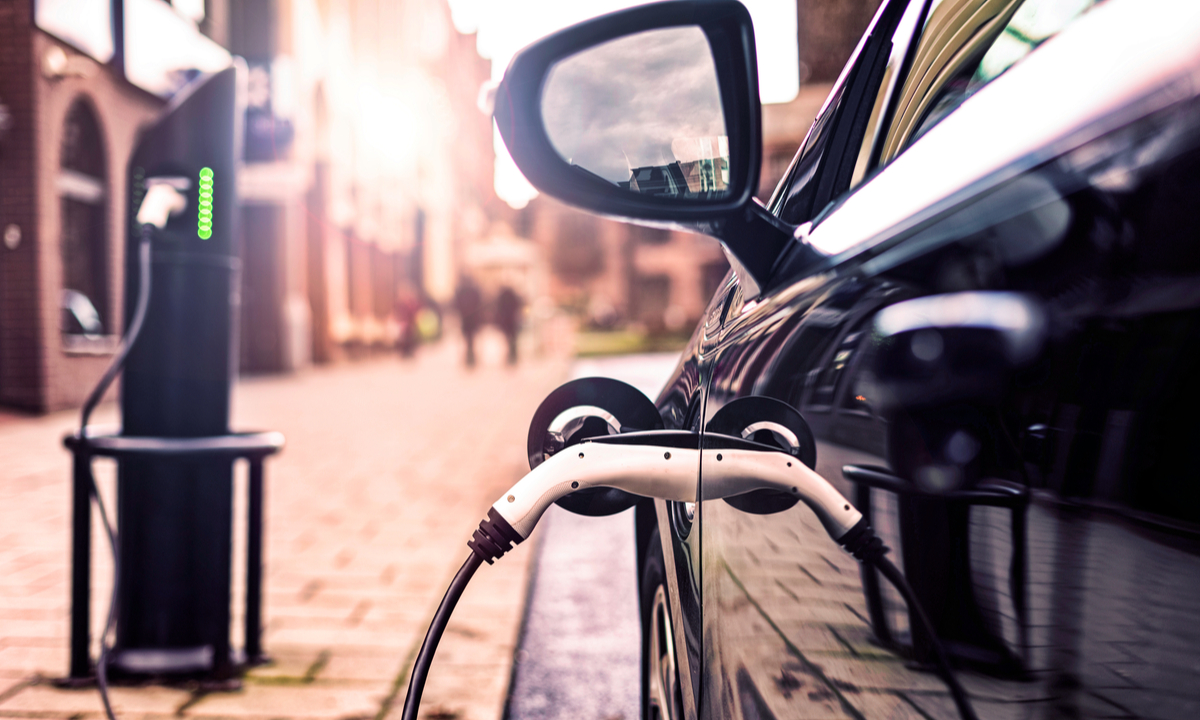
Rio Tinto, the global mining giant, announced on Wednesday its agreement to acquire U.S.-based Arcadium Lithium for $6.7 billion. The deal will propel Rio Tinto into the position of the world’s third-largest producer of lithium, a key component in electric vehicle (EV) batteries, according to Reuters.
Already recognized as the largest iron ore producer globally, Rio Tinto is strategically shifting towards becoming a leading supplier of high-end, low-carbon materials essential for the energy transition. This acquisition is seen as a significant step in that transformation. Despite the current lithium oversupply in the market, Rio Tinto’s CEO Jakob Stausholm remains optimistic about long-term demand. “We are confident that the need for lithium will grow steadily over the coming years,” Stausholm told investors.
Per Reuters, Rio Tinto has agreed to pay $5.85 per share for Arcadium, representing an almost 90% premium compared to Arcadium’s closing price of $3.08 per share on October 4, the day Reuters initially broke the news of the potential deal. This premium signals Rio’s strong belief in the future value of Arcadium’s assets despite current market conditions.
While Rio’s London-listed shares dipped 0.4% following the announcement, shares of Arcadium in the U.S. surged by around 40% earlier in the week as news of the ongoing negotiations between the two companies became public.
The acquisition will provide Rio with access to valuable lithium mines, processing facilities, and deposits located in Argentina, Australia, Canada, and the United States. Arcadium’s established customer base, which includes major automakers such as Tesla, BMW, and General Motors, will also be a boon for Rio’s growth ambitions in the sector.
Despite the current slump in lithium prices, largely driven by oversupply from China and a slowdown in EV sales, Stausholm is betting on a robust rebound in the coming years. He emphasized that the company projects a shortfall in lithium supply by the end of the decade, with demand expected to grow at a compound annual rate of more than 10% through to 2040, fueled by the EV boom and increasing energy storage needs.
Source: Reuters
Featured News
Big Tech Braces for Potential Changes Under a Second Trump Presidency
Nov 6, 2024 by
CPI
Trump’s Potential Shift in US Antitrust Policy Raises Questions for Big Tech and Mergers
Nov 6, 2024 by
CPI
EU Set to Fine Apple in First Major Enforcement of Digital Markets Act
Nov 5, 2024 by
CPI
Six Indicted in Federal Bid-Rigging Schemes Involving Government IT Contracts
Nov 5, 2024 by
CPI
Ireland Secures First €3 Billion Apple Tax Payment, Boosting Exchequer Funds
Nov 5, 2024 by
CPI
Antitrust Mix by CPI
Antitrust Chronicle® – Remedies Revisited
Oct 30, 2024 by
CPI
Fixing the Fix: Updating Policy on Merger Remedies
Oct 30, 2024 by
CPI
Methodology Matters: The 2017 FTC Remedies Study
Oct 30, 2024 by
CPI
U.S. v. AT&T: Five Lessons for Vertical Merger Enforcement
Oct 30, 2024 by
CPI
The Search for Antitrust Remedies in Tech Leads Beyond Antitrust
Oct 30, 2024 by
CPI